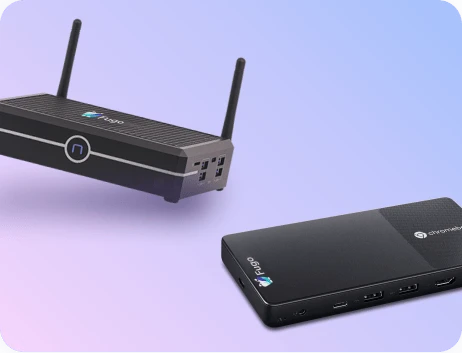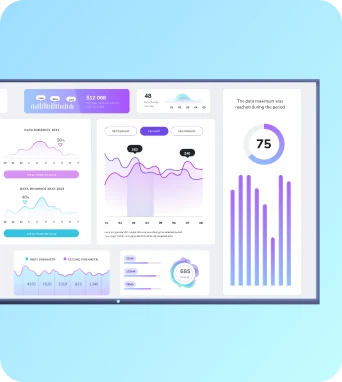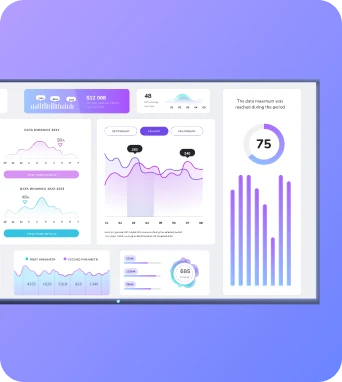Virtual concierge kiosks
What is Virtual concierge kiosks?
Technological Features of Virtual Concierge Kiosks
Virtual concierge kiosks are equipped with a variety of technological features that make them highly effective in delivering information and services. At the core of these kiosks is an interactive touchscreen display that allows users to navigate through different options and access the information they need. These displays are often high-definition and can support multi-touch gestures, providing a smooth and intuitive user experience. Additionally, virtual concierge kiosks are integrated with software that can be customized to meet the specific needs of the business or location. This software can include features such as wayfinding, event schedules, local attractions, and even language translation services to cater to a diverse audience. Moreover, many virtual concierge kiosks are equipped with artificial intelligence capabilities, enabling them to provide personalized recommendations and assistance based on user interactions. For instance, in a hotel setting, the kiosk might suggest nearby restaurants or activities based on the guest's previous inquiries or preferences. Some kiosks also incorporate voice recognition technology, allowing users to interact with the system through voice commands, making the experience more accessible and convenient. Connectivity is another crucial aspect, with kiosks often connected to the internet or a central management system, allowing for real-time updates and remote management of content.
Implementation in Various Settings
The implementation of virtual concierge kiosks varies across different settings, each tailored to enhance the user experience and operational efficiency. In hospitality, these kiosks are often placed in hotel lobbies, providing guests with information about hotel amenities, local attractions, and check-in/check-out services. This not only improves guest satisfaction by offering quick and easy access to information but also reduces the workload on front desk staff. In airports, virtual concierge kiosks assist travelers by providing flight information, gate directions, and even language translation services, ensuring a smoother travel experience. Shopping malls utilize these kiosks to offer directory services, promotions, and event information, enhancing the shopping experience and driving customer engagement. Corporate offices use virtual concierge kiosks to streamline visitor management, offering features such as visitor check-in, badge printing, and meeting room reservations. The versatility of virtual concierge kiosks makes them suitable for a wide range of applications, each designed to improve service delivery and user interaction. By offering a centralized platform for information and services, these kiosks help businesses enhance their operational efficiency and customer satisfaction.
The Future of Virtual Concierge Kiosks
Learn more about Virtual concierge kiosks - schedule a demo at https://calendly.com/fugo/fugo-digital-signage-software-demo or visit https://www.fugo.ai/ In conclusion, virtual concierge kiosks are revolutionizing the way businesses interact with their customers by providing a dynamic and interactive platform for information and services. As technology continues to advance, these kiosks are expected to become even more sophisticated, incorporating features such as augmented reality and advanced data analytics to further enhance user engagement and service delivery. Businesses that adopt virtual concierge kiosks stand to benefit from increased customer satisfaction, improved operational efficiency, and a competitive edge in their respective industries.



